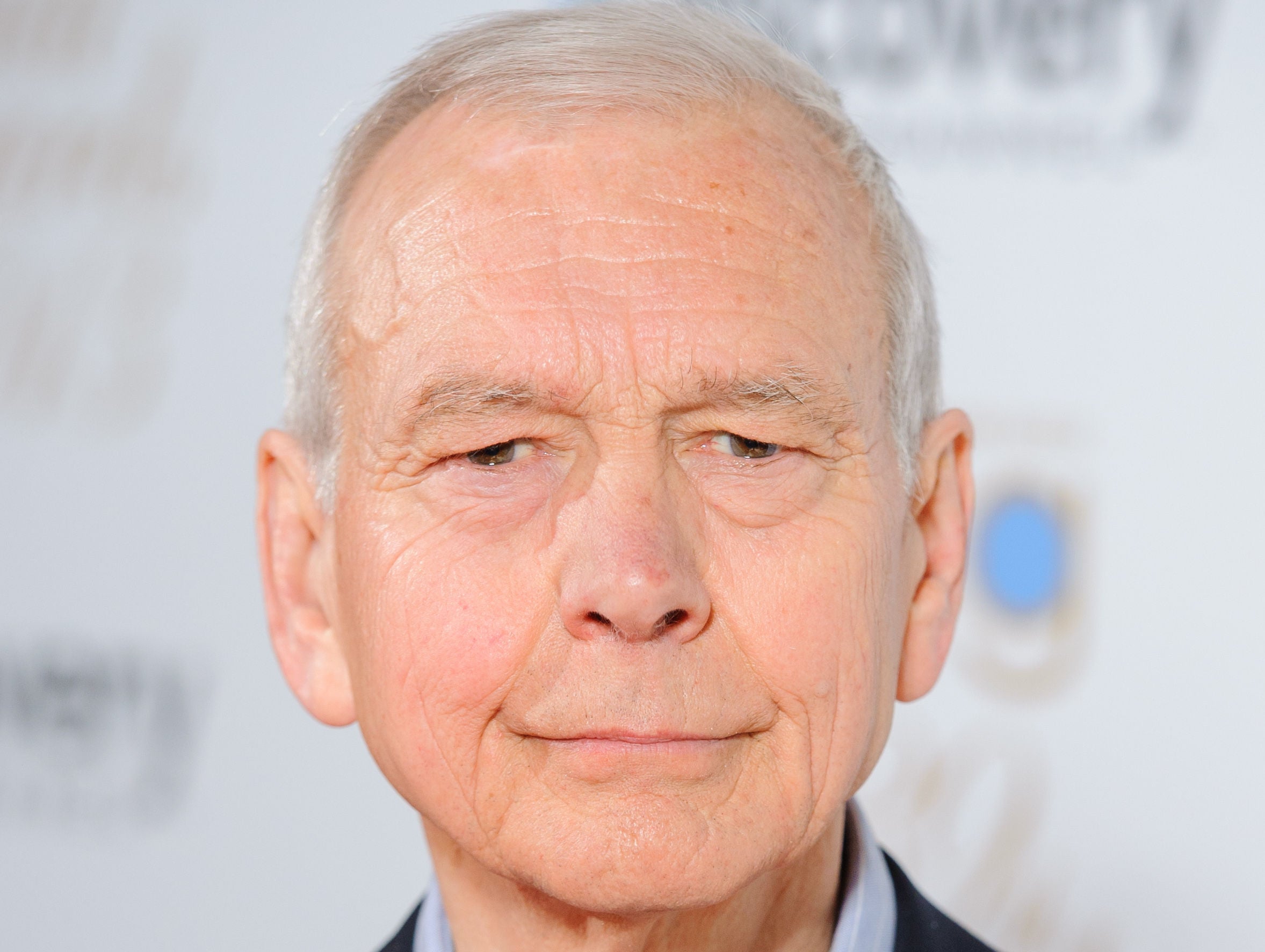
Veteran broadcaster John Humphrys has spoken out about the political pressure put on him during 30 years of presenting the BBC’s flagship radio programme Today.
The interviewer said relations with Downing Street during Tony Blair’s time in office became so strained that the BBC was told something needed to be done about “the John Humphrys problem” or the government would stop co-operating with the Radio 4 programme.umphrys recalled: “An admittedly lively exchange with Harriet Harman, who was the social security secretary at the time, produced a response from Downing Street the like of which the programme had never generated before.
“It was a letter threatening to withdraw co-operation from Today unless something was done about what they called the ‘John Humphrys problem’.
“That letter foreshadowed a more confrontational relationship between Downing Street and journalists, especially in the BBC, over the years to come.”
The broadcaster said a report on Mr Blair’s handling of the run-up to the invasion of Iraq “nearly brought down the BBC”.
“In 2003, we invaded Iraq because, we were told by Tony Blair, Saddam Hussein had weapons of mass destruction. He didn’t.
“Three months later I did a perfectly unremarkable early-morning, three-minute interview with a correspondent. I’ve done thousands of them over the last 30 years.
“Did I say unremarkable? It nearly brought down the BBC. Andrew Gilligan had been told by a reliable source that the dossier warning us of the threat from Saddam had been deliberately sexed up.
“That claim was ultimately to lead to the suicide of the source, Dr David Kelly, the destruction of Tony Blair’s reputation and the resignation of the two most senior men in the BBC – the director-general and the chairman.”
Humphrys said then Number 10 spin doctor Alastair Campbell orchestrated the government’s response, and later told him that he saw his role in Downing Street as altering the PM’s interaction with the media.
Mr Campbell told him: “We had to change the terms of the trade, that the press had been, frankly, setting the political agenda … and in a way which, in my mind, was detrimental to the interests of the Labour Party.
“I think at times we probably went over the top. I think sometimes we were too aggressive.”
Humphrys said interviewing then PM Margaret Thatcher was “a truly scary prospect for the new boy” because her answers were unpredictable, but she never complained about the coverage she received while in Downing Street.
The broadcaster said Mrs Thatcher once called in to Today from the kitchen of Number 10 to react to an item on the programme, and her then press secretary Bernard Ingham knew nothing about it until he heard the interview while driving.
“I nearly drove off the bloody road,” he later told Humphrys.
Humphrys said: “Mrs Thatcher never complained about the treatment she got at the hands of us lot. Things started changing when John Major came to power. Everything changed when New Labour arrived on the scene.”
Picture: PA Wire
Email pged@pressgazette.co.uk to point out mistakes, provide story tips or send in a letter for publication on our "Letters Page" blog
